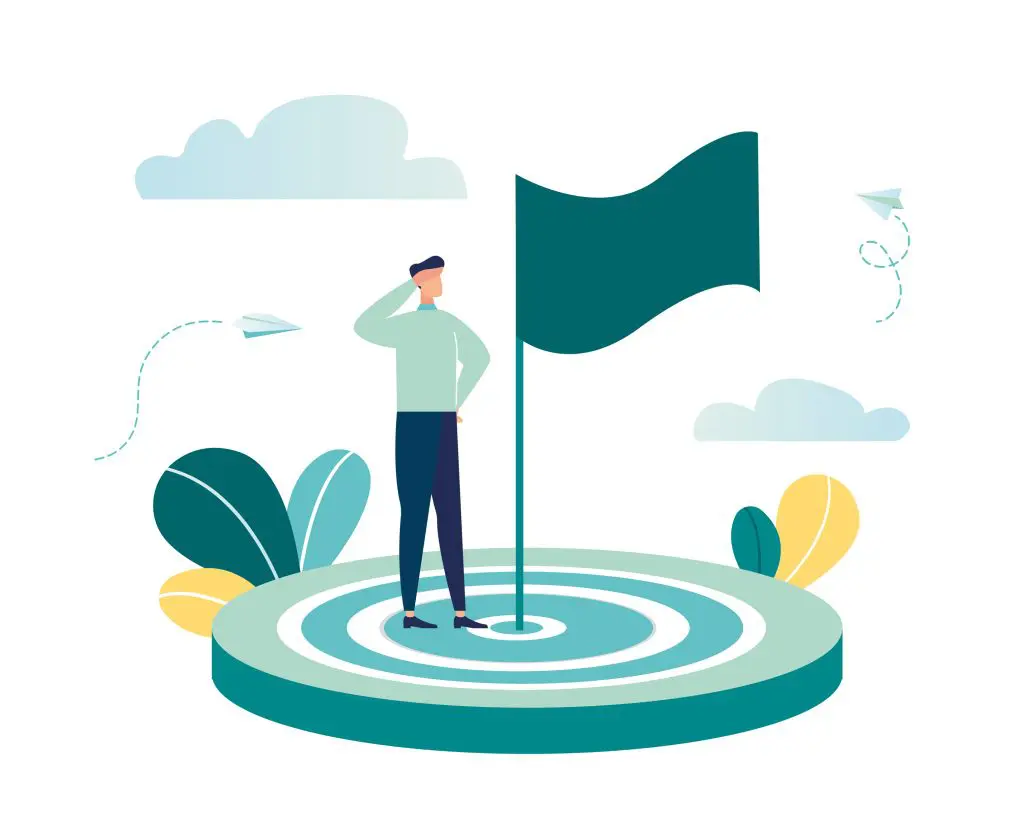Josie heard about Future Pathways through the Scottish Child Abuse Inquiry. When Josie registered with Future Pathways, she and her Support Coordinator took the time to get to know each other and build a relationship.
“I didn’t have to hide or hold anything back. They were so understanding. They understood exactly what I had been through. It was as if I had known them for years.”
Together, Josie and her Support Coordinator explored different types of support.
“They would keep in touch. They would offer support. Anything of interest to me, they helped in any way they could.”
Josie had been through many life challenges, and she knew that getting the right help was important for her. Future Pathways supported Josie to access counselling support.
“I looked forward to going to the counsellor every week. They helped me see that, to me, I was not worthless. I talked truthfully about everything for the first time.”
Being completely honest with the counsellor was transformational. Before accessing counselling, Josie had always bottled up her feelings. Counselling helped Josie consider how she thought about herself and to address how her feelings of shame had prevented her from accessing support or opening up to people. Counselling helped Josie see how important it was for her to be truthful with the people in her life.
“Before, I had to hold it in. I never spoke about my past to my kids. I was embarrassed. The stigma of being in care meant people thought you were trouble.”
Future Pathways also supported Josie to complete and publish her book, ‘Finally back to my routes’.
Josie had been writing for years. Through some of the most challenging experiences of her life, writing helped Josie to express herself. Josie never thought anything would come from her writing, but this changed when her daughter was diagnosed with breast cancer. Before passing away, Josie’s daughter encouraged her to finish her book. Josie was determined to finish her book for her children.
Accessing her care records helped Josie stitch together the story of her past. Josie also learned that she had a sibling she had never met before, and she was able to meet her.
“All of the story was in my records. Everything came flooding out.”
Josie would write for hours. Future Pathways supported Josie to finish and publish her book with Book Whisperers, a service that provides writing support.
“I surprised myself. It was a brilliant experience. I could get rid of all my anxiety and stress. I would just focus on writing.”
Josie is now a published author. She celebrated by organising a book signing event with family and friends. Writing ‘Finally back to my routes,’ enabled Josie to be completely truthful about her past with her loved ones. Her friends and family now know her as someone who is always laughing and joking.
“That old life is gone now. I love my life now. I am in a happier place. I’m more ‘me’. And my kids are so proud of me.”
At Future Pathways, we work collaboratively with our Delivery Partners. Our service model’s in-built flexibility allows support – and its accompanying impact – to evolve.
Here, Nell Glen, Partner Relationship Lead, describes our collaborative approach to working with Delivery Partners, and how this enhances support for people who access Future Pathways.
Since Future Pathways began, we have worked with upwards of 130 Delivery Partners, some of which we are still working with today.
Since the start of the service in 2016, we have developed and expanded with more staff and more Delivery Partners. As such, our commissioning processes have changed over time as we’ve learnt more about what facilitates effective support.
We’ve learnt that a collaborative and relational approach to commissioning brings trust, choice and flexibility to our outcomes-focused support. It also creates a network of support, knowledge and learning with Delivery Partners which, in turn, helps us navigate complexity and offer holistic support to people accessing Future Pathways.
We’ve also learnt that a collaborative approach to commissioning can, at times, be challenging to navigate for Delivery Partners and staff alike. For example, our collaborative report into impactful partnership working found that:
“Working in this way can be complex as it takes an investment of time to build trust, and most importantly a genuine commitment to collaborate and share power.”
Our approach has evolved, and we’ve had to adapt our approach over time so that it works in practice for everyone. One of Future Pathways’ aims is to take a trauma informed approach to all that we do, including our work with Delivery Partners. The changes we have made are underpinned by the 6 key principles of trauma informed practice: choice, trustworthiness, safety, empowerment, collaboration and cultural consideration.
Here you can read some examples of how we apply trauma informed principles to our work with Delivery Partners.

CHOICE
At Future Pathways we give the people we support a choice about who they work with, supporting them to select services that align with their desired outcomes. We support potential Delivery Partners to make informed choices about collaborating with us by sharing a new resource we have created about what working with Future Pathways involves.

TRUSTWORTHINESS
We have created more transparency around our commissioning approach and the way we set up support, through the development of our Delivery Partner welcome pack. The information in the welcome pack aligns with our internal guidance, so everyone is working from the same roadmap, promoting consistency.

SAFETY
The safety of our commissioning approach has been reinforced through clearer, more structured contracts and better-defined timelines for reviewing support. This provides more opportunities for the people we support, Delivery Partners, and Support Coordinators to understand progress towards goals, check whether support should be adapted, and to nurture a collaborative, safe relationship.

EMPOWERMENT
Future Pathways strives to empower people we support by helping them identify supports which will help them to progress their own desired outcomes. This is made possible through the flexible, trusting and collaborative nature of the relationships between Future Pathways and our Delivery Partners.
We also empower Delivery Partners to help us shape our collective support by inviting them to participate in focus groups, evaluations and other collaborative projects, such as a recent project to refresh our complaints and resolutions policy.

COLLABORATION
We recognise the value and expertise of our Delivery Partners, and we want to work closely with them to best support people to achieve their goals. For example, our new approach improves the quality of reporting and creates a feedback loop directly with Delivery Partners. It also clarifies how we communicate with Delivery Partners, ensuring that we collaborate closely with our Delivery Partners throughout a person’s support.

CULTURAL CONSIDERATION
When we work with people, we must take into consideration the specific needs of people who have experienced abuse or neglect in Scottish care settings. We have designed our commissioning approach so that it balances structured support with the flexibility people need to engage with services.
As the changes we’ve made to our commissioning approach continue to embed we expect to see support continue to evolve, along with its accompanying impact.
We want to hear from you
We are always keen to hear from people we support, our Delivery Partners and our providers. You can give us feedback at any time during the year through our Feedback Form.
See the difference we make together
Our latest impact report, Pathways to Change, gives us greater insight into how we make a real difference, and where there is scope for improvement. View and download our full report, summary report and mini report.
